Reflection for Christ Church Uniting, Wayville, 20 August
The beginning of the story of Joseph and Bros.
Joseph, son of Rachel and Jacob son of Rebekah and Isaac son of Sarah and Abraham, was much loved by his father. The deep love of their father for Joseph – and the gift of a particularly vibrant coat – made his brothers jealous.
Joseph dreamed dreams, in which he saw how things might come to pass for him and his family: and his brothers resented Joseph’s visions of success, of the praise he would receive from his brothers, from all the world! Joseph’s bothers held enough resentment between them to lead them to acts of betrayal – selling their brother to foreign traders, and then dousing that lovely coat in goat’s blood and presenting it to their father with a story of the favoured son’s tragic death.
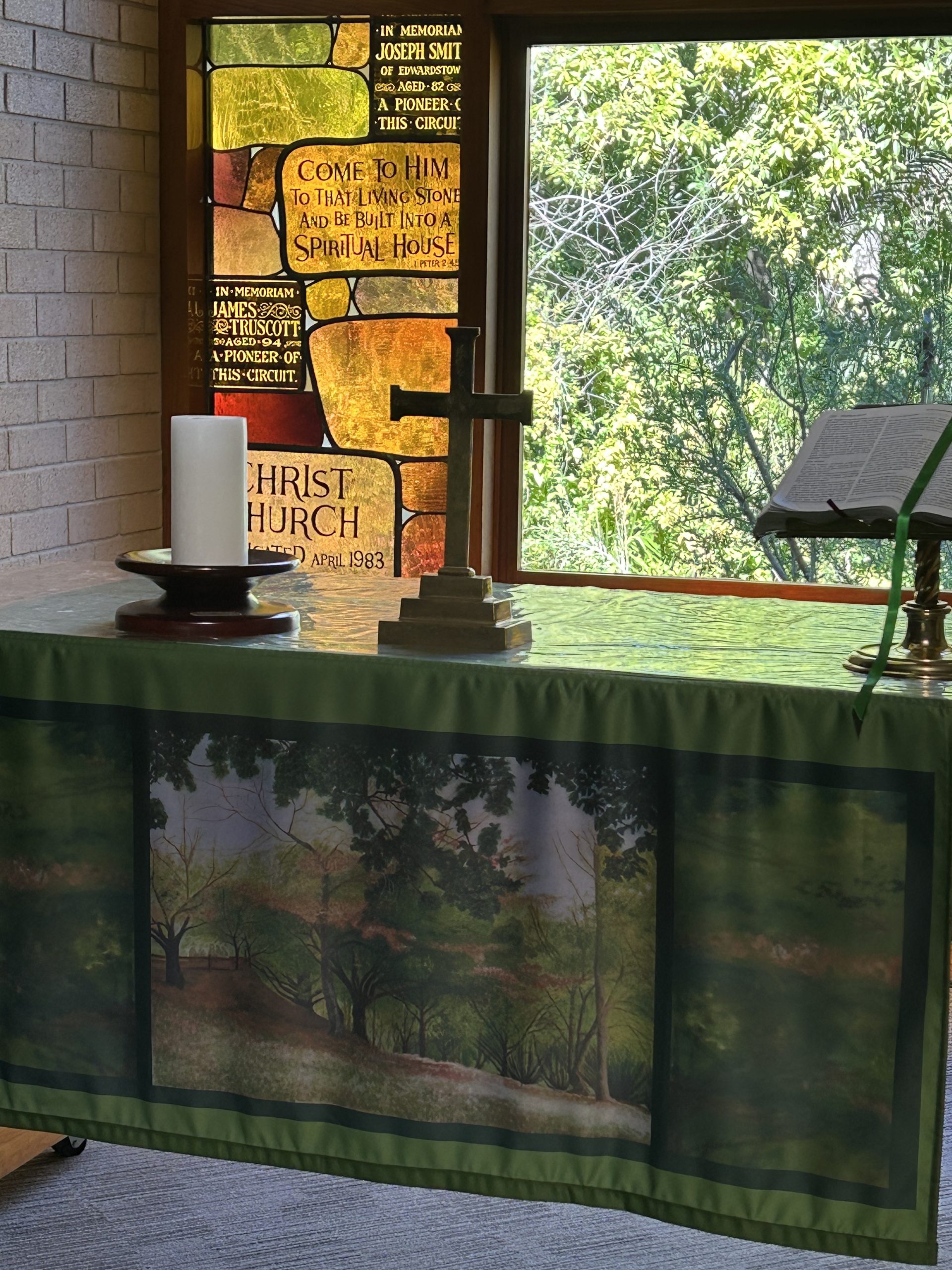
Joseph was taken into Egypt and sold to the captain of the Pharoah’s guard. He found favour with his master, who saw that Joseph was blessed by God, and brought blessing upon his master’s house. Joseph came to be trusted with the management of the whole house – until. Until he shamed his master’s wife with refusal of her advances, and she heaped blame on the slave, as he still was, even as he was trusted and empowered.
Joseph found himself in prison. While there, the guard saw that God was with Joseph, and he trusted Joseph with the care of his fellow prisoners. Two of those prisoners dreamed dreams that troubled them one night, and Joseph helped to find meaning in their dreams.
Some time later, when Pharoah himself was troubled by dreams, one of those whom Joseph had helped belatedly remembered Joseph, and recommended him to Pharoah into whose service this former prisoner had been returned, as he had dreamed. As Joseph entered the Pharoah’s service, he again came to be trusted and Pharoah gave Joseph management of the Pharoah’s realm. Joseph managed the land of Egypt well, preparing through seven years of plenty for the seven years of famine he had foreseen in the Pharoah’s dreams.
Famine did indeed come on the lands in and around Egypt; famine reached Joseph’s brothers and father in the land of Canaan. Word also reached them of the well-managed Egypt, where people were surviving the famine better than the nations around. Jacob sent his sons to Egypt to seek help.
Though they did not know it, Jacob’s sons were met by their brother. Joseph asked do you have a father still living, and another brother? Why are they not here? Why have you not all come? Joseph shared a mother with only one of the brothers, and it was Benjamin who had not come to Egypt.
The brothers returned to Canaan and back to Egypt, with Benjamin, too, this time. Joseph feasted with his brothers, who still had not recognised him. Joseph contrived a theft to pin on Benjamin, so as to steal his brother and keep him for himself. When Judah pleaded for his father’s sake, for the release of a favoured son born to a favoured wife who bore only one other, whom the father had long ago lost – well …
Today’s episode: Genesis 45:1–15
Then Joseph could no longer control himself before all those who stood by him, and he cried out, “Send everyone away from me.” So no one stayed with him when Joseph made himself known to his brothers.2 And he wept so loudly that the Egyptians heard it, and the household of Pharaoh heard it. 3 Joseph said to his brothers, “I am Joseph. Is my father still alive?” But his brothers could not answer him, so dismayed were they at his presence.
4 Then Joseph said to his brothers, “Come closer to me.” And they came closer. He said, “I am your brother, Joseph, whom you sold into Egypt. 5 And now do not be distressed or angry with yourselves because you sold me here, for God sent me before you to preserve life.6 For the famine has been in the land these two years, and there are five more years in which there will be neither plowing nor harvest. 7 God sent me before you to preserve for you a remnant on earth and to keep alive for you many survivors. 8 So it was not you who sent me here but God; he has made me a father to Pharaoh and lord of all his house and ruler over all the land of Egypt. 9 Hurry and go up to my father and say to him, ‘Thus says your son Joseph, God has made me lord of all Egypt; come down to me; do not delay. 10 You shall settle in the land of Goshen, and you shall be near me, you and your children and your children’s children, as well as your flocks, your herds, and all that you have. 11 I will provide for you there, since there are five more years of famine to come, so that you and your household and all that you have will not come to poverty.’ 12 And now your eyes and the eyes of my brother Benjamin see that it is my own mouth that speaks to you. 13 You must tell my father how greatly I am honored in Egypt and all that you have seen. Hurry and bring my father down here.” 14 Then he fell upon his brother Benjamin’s neck and wept, while Benjamin wept upon his neck. 15 And he kissed all his brothers and wept upon them, and after that his brothers talked with him.
NRSV(Updated Edition) via Bible Gateway
A story of absurd generosity
Sometimes it seems as if oppressors are burying their victims – until, in time, new life sprouts, as if they were in fact seeds planted, waiting for a season, a time, to be reborn.
The young Joseph was coming to his brothers, sent by their father with concern for how they were getting on. The brothers saw Joseph approaching, and conspired to kill him, this brother they so deeply resented. We can throw him in a pit and leave him to die, and see what becomes of his dreams, then!
Jesus was announcing a renewal of God’s Way, calling the people back to God’s Dream for fullness of life. The religious leaders resented the implication that the way they were going was flawed: What is wrong with the way we are doing things? They saw Jesus approaching, and conspired to kill him. We can hang him on a cross, and see what becomes of his so-called Dream, then!

From there, the stories of Joseph and Jesus become less alike in the way they unfold. Brothers change their betrayal from murder to enslavement, and before it happens, Joseph’s death is transformed into life.
God shakes the earth, sends holy messengers to greet Jesus’ friends: after Jesus dies, death is transformed into life.
Joseph’s restoration brings through him renewal, sustaining, of life for a whole nation. And more than that, the mystery of life brings his kin back to him – the ones who threw him away, who dismissed his life as having no worth at all.
How does that feel?
To stand face to face with the brother they betrayed?
To look on the one whose life you threw away?
And more – to hear him say, be at peace, I have known God in this
to hear him say, I will preserve your lives, you, you wives, your children and grandchildren – even your flocks and herds!
I meet your betrayal with absurd generosity
there’s a hint in how they feel: when later Jacob dies, and their shame and guilt still overpower the brothers, and they beg again for forgiveness, still not believing it could be possible for Joseph to have really let it go
What stories do you know, of a betrayer receiving forgiveness, love, absurd generosity, from the one whose life they utterly disregarded?
You may have heard stories of former Jewish prisoners facing former Nazi soldiers?
I can think of Nelson Mandela choosing forgiveness for his oppressors as he walked out of his apartheid imprisonment.
There was a particular family of car crash victims forgiving the one who drove recklessly, some years ago in Queensland if I remember correctly.
And in our current time, First Nations Australians speaking to the rest of us, from their heart, from the heart of our lands?
This is what it is to choose life. To have survived, to have received anew the gift of life when it has been taken away, and to embrace it for all life is. Sacred. Holy. Precious. Incomplete without peace and healing – incomplete without each other.
Do we understand what life is? Really? The person of Christian faith says I align myself with the Source of Life, but do we understand the consequence of that choice, the way Joseph does? The way Jesus does?
After our passage today, Joseph enacts his promise to his brothers, enacts forgiveness with that preservation of life – and they thrive. God says to Jacob, I will make of you a great nation, the promise to his ancestors echoing through the generations, remembered, though it may be a long time in the revealing. Take this move into Egypt, and I will bring your people home.
Sometimes it seems as if oppressors are burying their victims – until, in time, new life sprouts, as if they were seeds planted, waiting for a season, a time, to be reborn.
I heard Thomas Mayo speak at a conference a couple of weeks ago, a First Nations man who is advocating for the Uluru Statement from the Heart and the Voice. He spoke the statement from his heart, and through him I heard his peoples speaking to the rest of Australia with an absurd generosity I’d heard earlier this year from Stan Grant also – to offer peace, healing, and love to the ones complicit in their oppression – absurd, ridiculous, generosity.
We were all moved deeply by Tom’s grace and presence and words; and yet, I’m not sure I really understand it to the point of living it out with such commitment.
Life – full life – demands absurd generosity, costly grace. How Joseph’s seeking to steal his brother might be understood to come from a place of pain, the grief of being separated from kin for all those years – and then he lets go, he gives in to love. And perhaps it hurt do so, to let go of the anger? He weeps. They weep.
When the season arrives, when the time comes, will we pay that price, and gladly, in order to fully embrace the gift of life – of renewed, resurrected life – betrayed genuinely forgiving our betrayers? wounders accepting forgiveness from those we have hurt? When the season arrives, when the time comes, will we welcome and water new life emerging from the darkness where the seeds were planted?
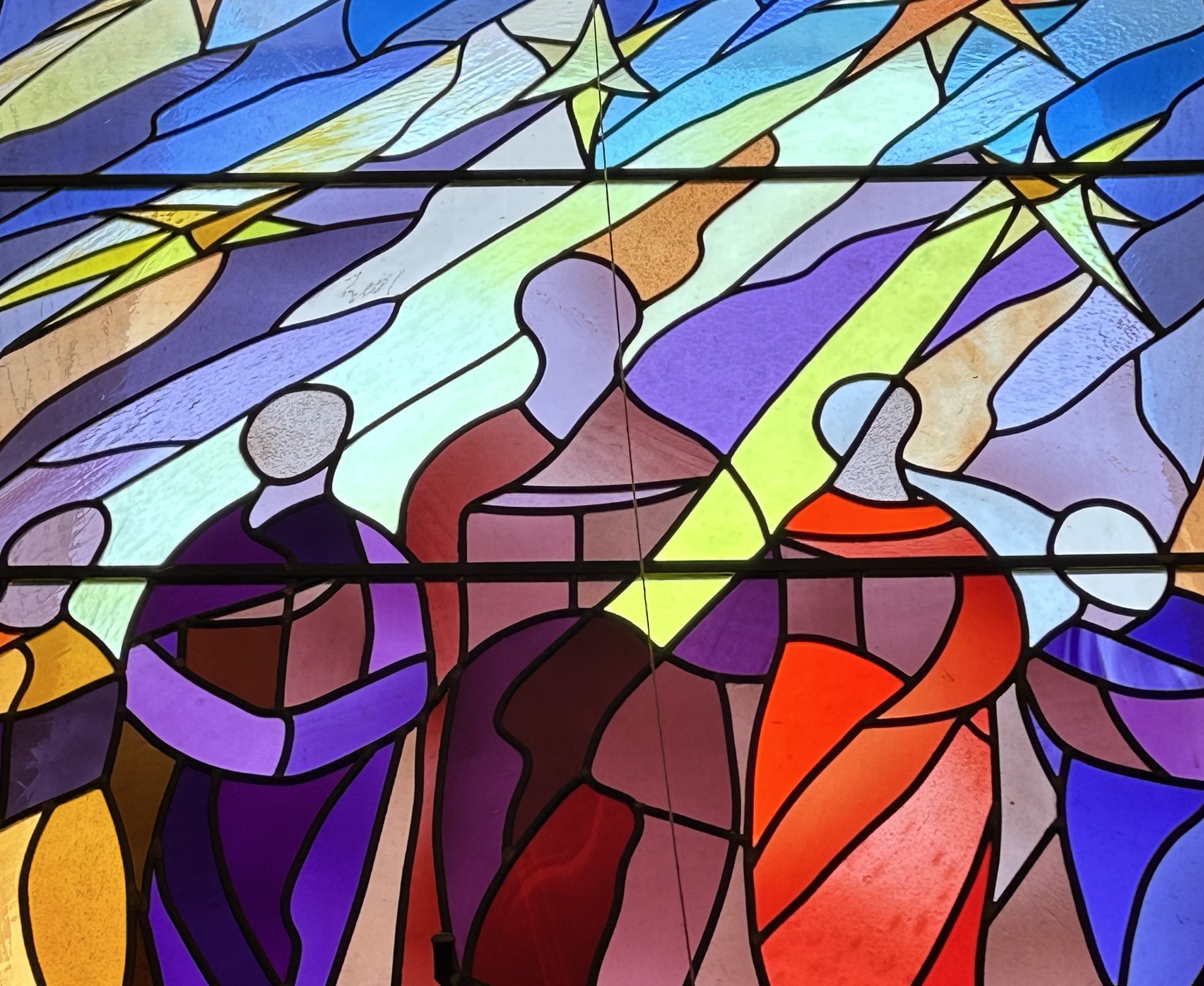

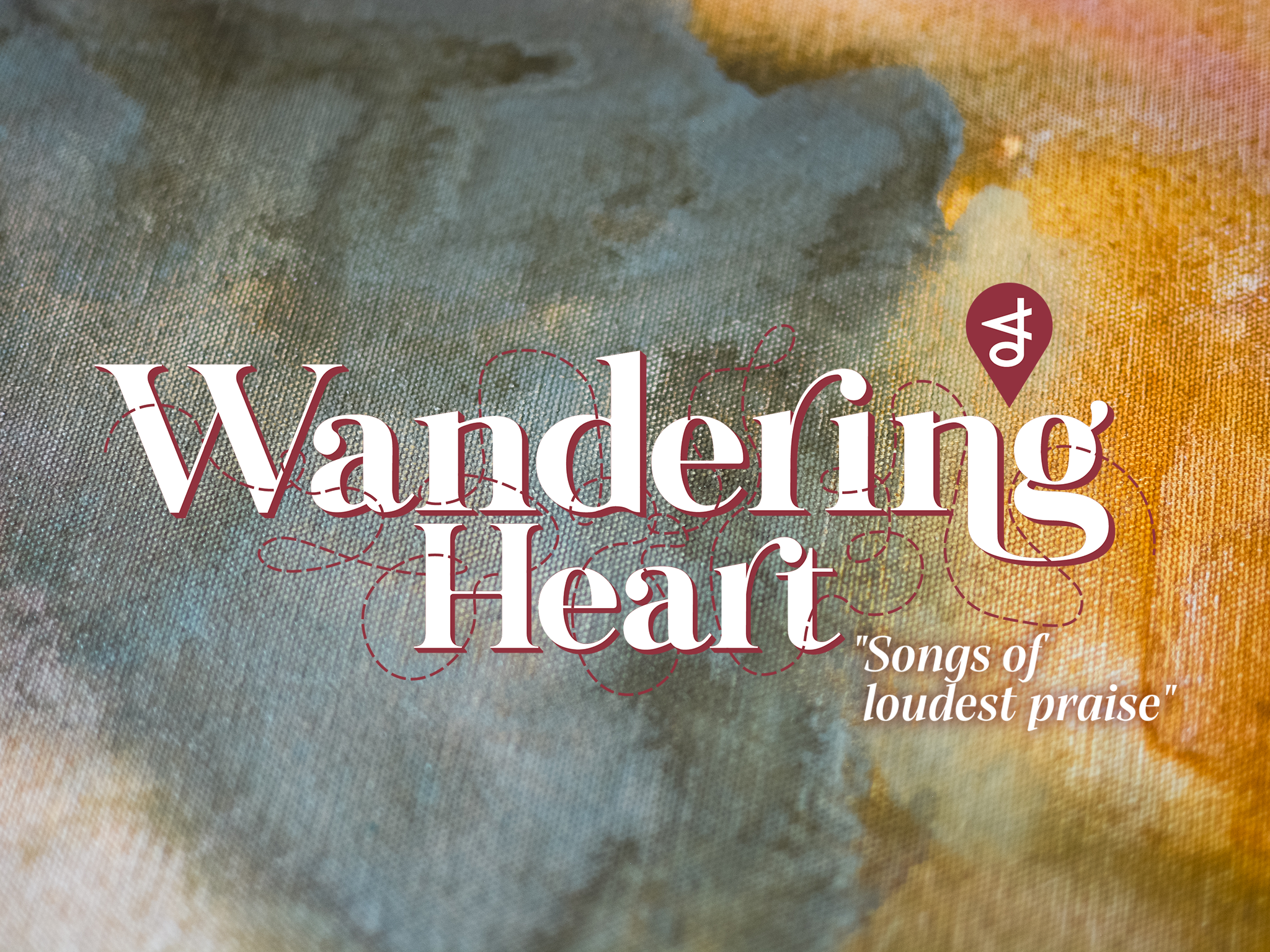
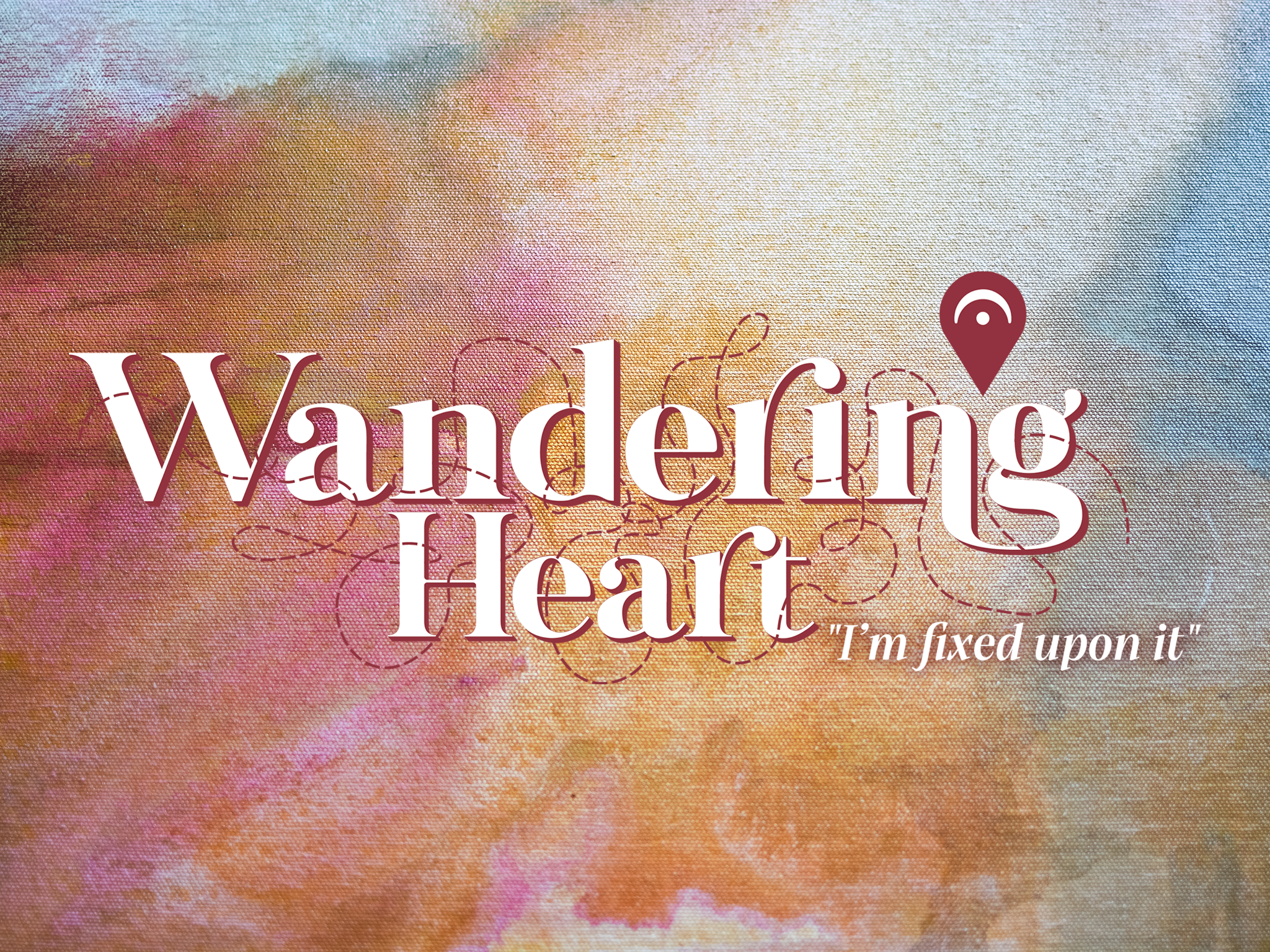
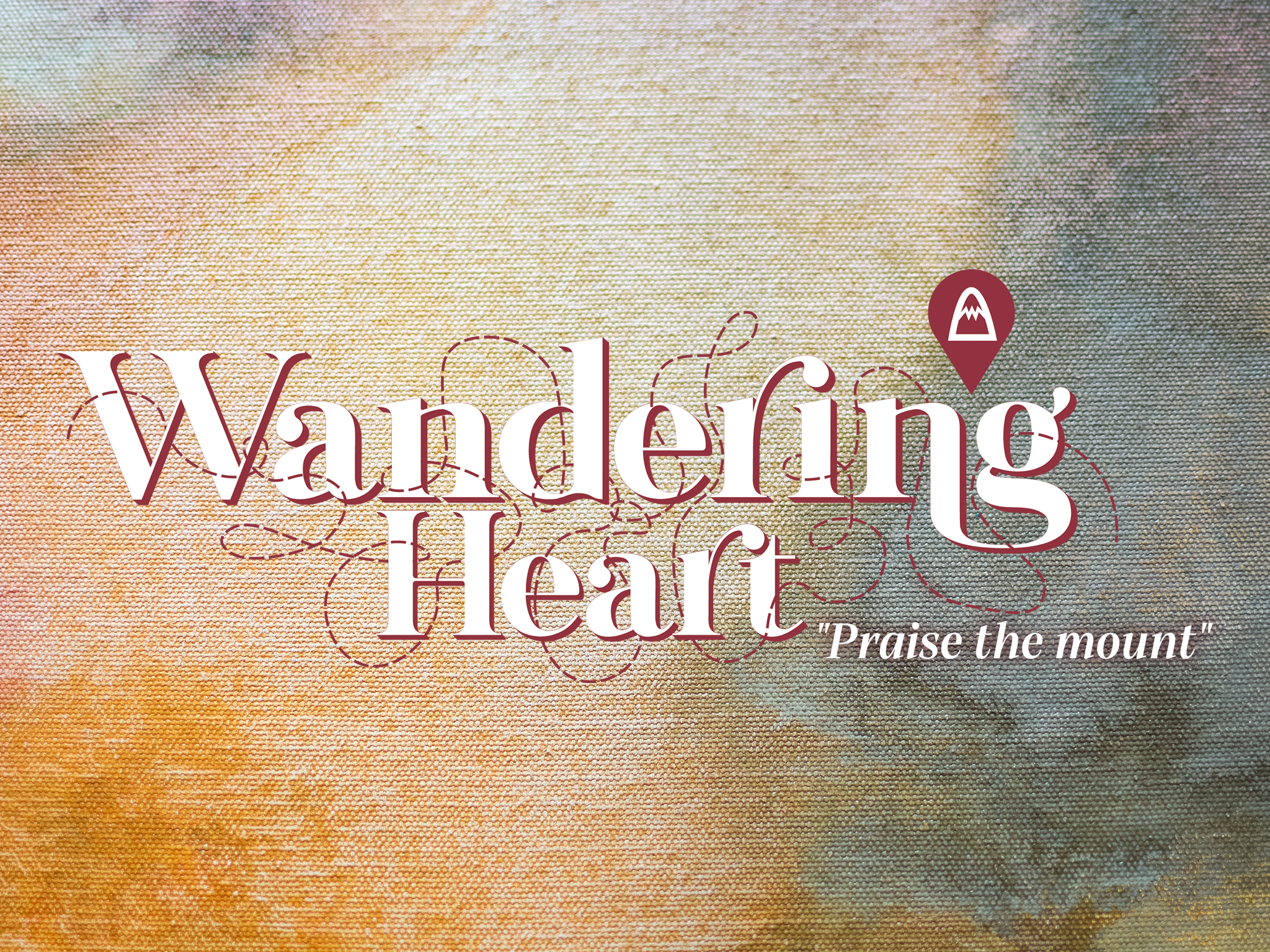
Leave A Comment